By Xu Xueying
From "revering the virtue and protecting the people" to "the people are more important than the ruler", the people-oriented thought runs through the political history of China and affects our civilized temperament and political views. What is the relationship between Chinese traditional concern for the affairs of the state and the people-oriented thought? How does it shape the world outlook of contemporary China?
Xie Maosong, a senior researcher at the China Institute for Innovation & Development Strategy and the director of the Research Center of Chinese Civilization and Chinese Path, believes that the social structure of scholar-officials, farmers, artisans and merchants has cultivated traditional Chinese people-oriented thought, which in turn affects the structure of the national political order. Chinese civilization is the only continuous and unbroken primary road civilization in the world history. The wide and long-lasting road is conceived in the people-oriented thought and the concern for the affairs of the state.
Recently, Professor Xie Maosong gave an exclusive interview to CNS's "W.E. Talk". He discussed the past and present of China and the West, and deeply analyzed how the traditional Chinese spirit and political civilization blended and learned from each other.
Here are excerpts from the interview:
CNS: The people-oriented thought runs through Chinese political history and has formed many propositions such as "revering the virtue and protecting the people" and "the people are more important than the ruler". How is the origin of this ideological civilization reflected in ancient and modern Chinese political practice?
Xie Maosong: Behind the political system is the entire underlying civilization structure.
From the perspective of civilization history, after Confucius, China began to enter the civilian era. Although there were some noble families in the Han and Tang dynasties, the nobles generally disappeared after the Song dynasty. The people-oriented thought is deeply related to the civilian era. At that time, the social structure of scholar-officials, farmers, artisans and merchants had matured. Scholar-officials are selected from the vast number of farmers, artisans and merchants, especially farmers, through the imperial examinations. There were sayings in ancient China such as "passing good traditions of reading and farming from generation to generation" and "A country boy early in the morning, can be high officials in the evening."
Since scholar-officials who are elites for national governance are originally farmers, they often represent the interests of the overwhelming majority of the people. Corresponding to this social structure is the value of putting the people first.
In the past political practice, the people-oriented thought included two aspects. One is that on the political road, scholar-officials gave priority to society in governing the country; the other is that ordinary people have moral consciousness. During the Ming and Qing dynasties, moral consciousness extended from the scholar-official group to the common people. For example, "extension of innate knowledge" doctrine in Wang Yangming’s Philosophy means that every ordinary person can extend the innate knowledge and become a sage.
This is not the case in other societies around the world. In the feudal society of medieval Europe, kings, lords and knights were all hereditary, the culture was controlled by Christian priests, and farmers and serfs were at the lower classes. It is absolutely impossible for ordinary people in Europe and America to become gods or saints.
China's path has evolved from more than 5,000 years of civilization tradition, and the current political practice is a natural and continuous inheritance and innovation of historical civilization. Only by understanding the characteristics and underlying structure of Chinese civilization can we understand China's socialist system. China's socialism has developed the people-oriented doctrine in history. With a deep understanding of and trust in people, we have enhanced the subjectivity of the people to the greatest extent possible. Principles such as the Party supervising the performance of officials, the Party exercising leadership over personnel, upholding democratic centralism, and following the mass line are all concrete manifestations of it.
CNS: Looking at both ancient and modern Chinese history, is there a shift from the "Great Man" theory of history to "people are the makers of history"? Does the "Great Man" theory of history obscure the historical role of people in ancient times to some extent?
Xie Maosong: The concept "people are the makers of history" and the "Great Man" theory of history have a commonality and should be viewed together. Real heroes, especially great statesmen, are often able to know and employ people, and mobilize the strength of people to the greatest possible extent.
Chinese civilization began with Emperors Yao, Shun, Yu, Tang and Wen, especially the Duke of Zhou who made rites and music in the Western Zhou dynasty. Statesmen were associated with the prosperous times in successive dynasties. For example, Emperors Wen and Jing of the Han Dynasty were associated with the Rule of Wen and Jing; Emperor Taizong of the Tang Dynasty was associated with the Benign Administration of the Zhenguan Reign Period. This is not the so-called rule of man, but that the supreme leaders such as Emperor Taizong, as great statesmen, are able to know and employ persons. The central government and the imperial court had a team of ministers who were dedicated to serving the country; the local government had a team of reasonable officials with political awareness and high execution ability to implement the central decisions; there were also gentry and village sages at the grassroots level. Only by mobilizing the people from all over the country to the greatest extent and uniting as one can we create a prosperous society.
The concept "people are the makers of history" is a new perspective brought to China by Marxism, which reveals the important role of people in the historical process. But just as Mao Zedong said in the report of the preparatory meeting of the Seventh National Congress of the Communist Party of China (CPC) in 1945 that "there have been no such people since ancient times, and there has been no such Communist Party since ancient times." The people of old China had no strength in a state of disunity. Under the leadership of the CPC, the Chinese people went through anti-imperialist and anti-feudal movements, and a series of political, military and social revolutions before they truly became masters of the country. The social structure brought about by the Chinese revolution is the key factor that determines the historical role of people.
The "Great Man" theory of history and the concept "people are the makers of history" are not completely opposite. China emphasizes the role of sages. However, only those who will work selflessly and live up to the expectations of the people can be true sages. Thus, the strength of "great man" can only be unleashed by bringing out the limitless potential of the people.
CNS: The ancestors of ancient China have always respected heaven, and being concerned about the affairs of the state has become the supreme pursuit in the political tradition of Chinese civilization. Is there any relationship between traditional Chinese people-oriented thought and the concern for the common good of humanity? Are there still reflections of “heaven” and “Tianxia (all under heaven)” in the political practice of contemporary China?
Xie Maosong: Chinese political tradition is the tradition of scholar-officials who take state affairs as their responsibilities. Scholar-official politics advocates the state consciousness. For example, Fan Zhongyan, who we are very familiar with, advocated that being the first to worry about the affairs of the state and the last to enjoy oneself. Therefore, concern for the affairs of the state constitutes a part of the political tradition of Chinese civilization.
The cyclical order of heaven, monarch, ministers and ordinary people is a political order that transcends the bureaucratic system of scholar-officials. The monarch puts the people first, but the people are also restricted by the heaven, otherwise the people may stay in pure utilitarianism. Therefore, above the people, there must be a more transcendent "heaven", that is, the mandate of heaven and the heavenly principles.
Today, communities with a shared future, including the community of harmony between humanity and nature, have become the new heaven. The human community with a shared future proposed by China is exactly in line with the traditional Chinese world outlook. At the same time, the socialist system puts society and the interests of all people first, which is also consistent with the traditions of Confucianism and other Chinese cultures.
The CPC has inherited the spirit and political virtues of the traditional scholar-officials who take state affairs as their own responsibility, emphasizing stricter Party discipline over state laws, as well as self-cultivation and self-reform of Communist Party members. The fact that Marxism was accepted by the general public, and was carried forward and developed into socialism with Chinese characteristics after its introduction to China is deeply related to our civilization and traditions.
CNS: How do thoughts and traditional spirits such as "All under heaven are of one family" and "universal harmony" affect contemporary China's worldview?
Xie Maosong: China's "Tianxia" order has an extension process from near to far, from the inside to the outside, as manifested in the "cultivating the moral self, managing the family, governing the state and safeguarding peace under heaven". This characteristic can also be seen from ideas of "living in harmony with family members; doing reverence to the elders in your own family and extending it to those in other families, showing loving care to the young in your own family and extend it to those in other families; and then cherishing the people and all things under heaven." As the only continuous and unbroken civilization in the world history, Chinese civilization has always upheld an organic and strong sense of community that emphasizes the family-country-world unity, and the politics-society unity. This awareness runs through ancient and modern times and has become the underlying structure of Chinese civilization.
The current idea of a human community with a shared future speaks vividly of the traditional Chinese spirit of universal harmony. It not only demonstrates the traditional Chinese consciousness of worrying about family, state and even world affairs, but also is a new concrete manifestation of adapting Marxism to the Chinese context. On the Tiananmen Rostrum, the words "Long live the People's Republic of China" and "Long live the great unity of the people of the world" embody the ambition and mind of Chinese civilization and echo China's spirit of "governing the state and safeguarding peace under heaven".
Today's Belt and Road Initiative (BRI) and the community of life for humanity and nature are also the continuation of the traditional spirit. By extending the concept of common prosperity and development to win-win sharing under globalization, the Western thinking of "winner takes all" will eventually be replaced.
CNS: Looking at the long process of exploring the modernization path in the East and the West, how to understand China's exploration after its founding from the fundamental nature of Chinese civilization?
Xie Maosong: Archaeologist Zhang Guangzhi divided the world civilization into primary road civilization and secondary road civilization. Chinese civilization is the only continuous and unbroken primary road civilization in the world civilization history, while Western civilization is a secondary road civilization that has been broken again and again. As the only primary road civilization, Chinese civilization is more universal and can embrace the universality of Western civilization, providing the world with the most complete pattern of civilization development.
The Chinese civilization has always had a great mind as reflected in the saying that a gentleman is always ready to help others attain their aims. We advocate that a great man's virtue is as broad as the Earth is, and those who want to become prosperous should help others to get rich first. In these spirits, we work to boost the development of other countries while seeking independent development.
Deeply rooted in the cultural tradition, China has combined the spirits of "embracing the world through virtue" and "the pursuit of constant self-improvement" and embarked on a path of making the past serve the present and the foreign serve China. On the one hand, we continue to develop ideas such as putting the people first and fully pool the resources of the people. On the other hand, we learn from foreign countries while putting our own needs first, and step onto a Chinese path to modernization. We learned from the Soviet Union after the founding of the People's Republic of China in 1949 and from Europe and the United States after the launch of reform and opening-up in 1978, both of which brought useful experience to the exploration of modernization.
To understand today's imagination of China's new civilization facing the future and the next five hundred years, we must deeply understand the significance of the CPC in civilization, and imagine the CPC in terms of civilization instead of simply understanding the CPC in terms of political parties, especially Western political parties. As a civilized political party, the CPC itself will also shape a new civilization and then become a new civilization.








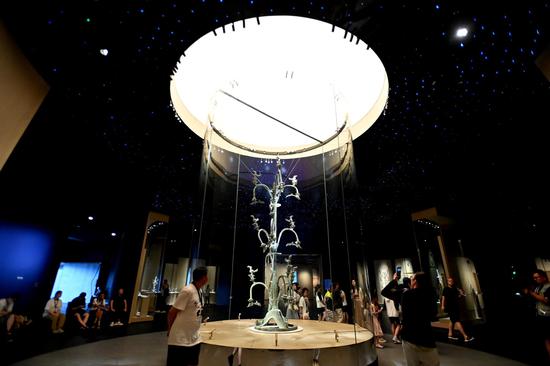
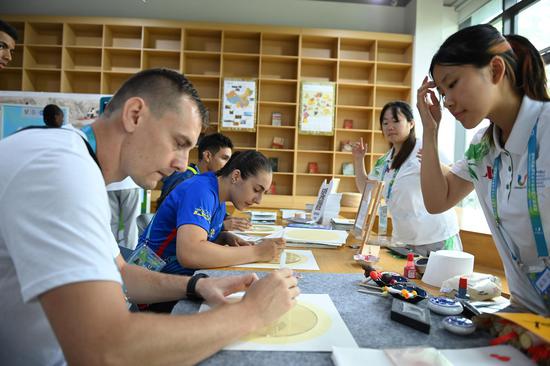
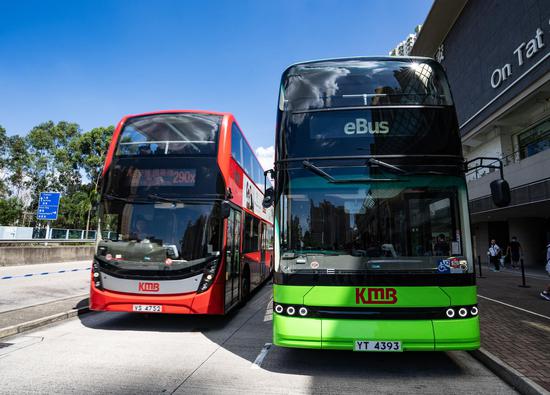
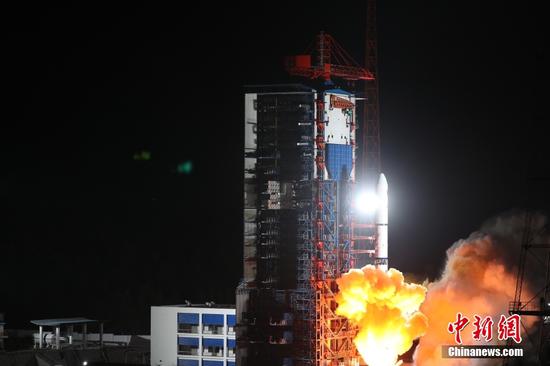
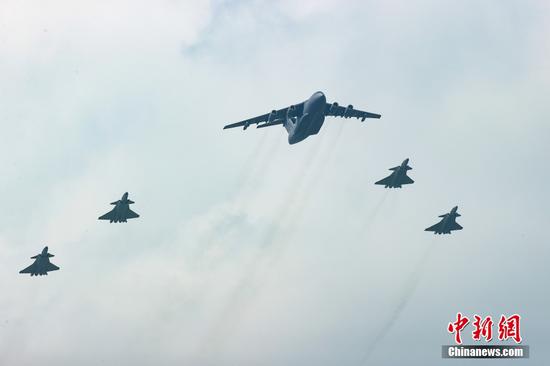
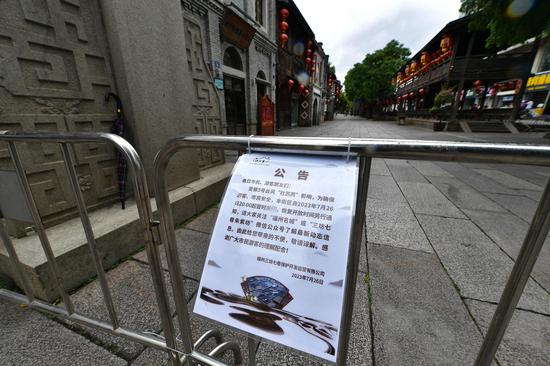
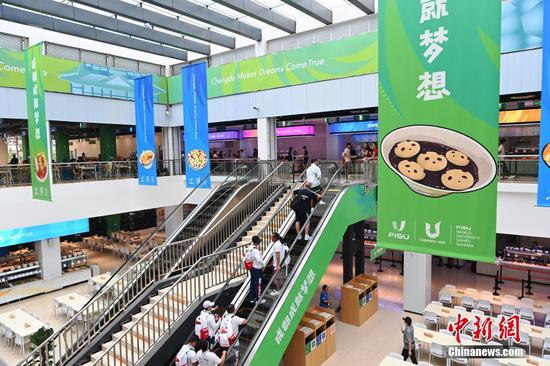
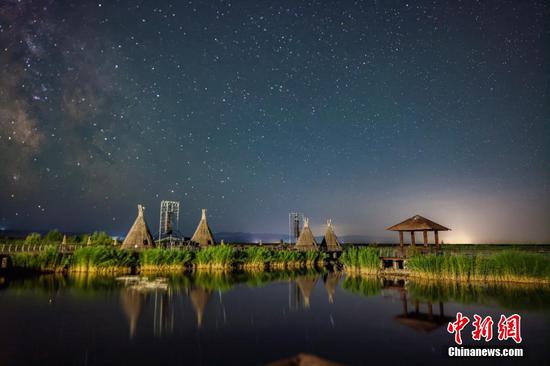
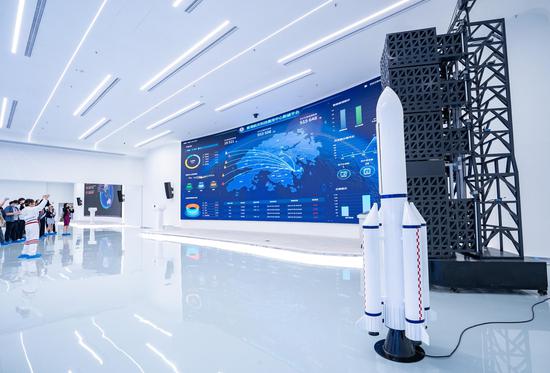
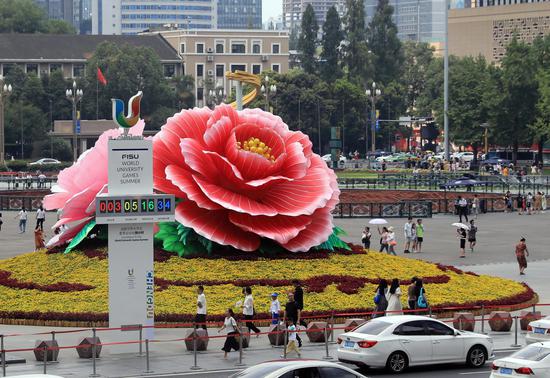
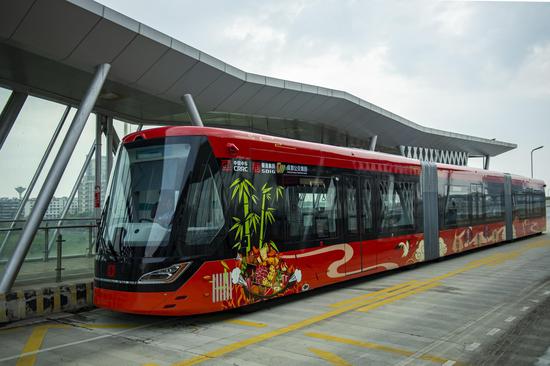
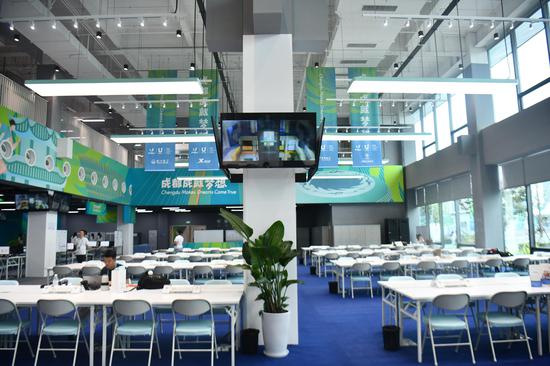

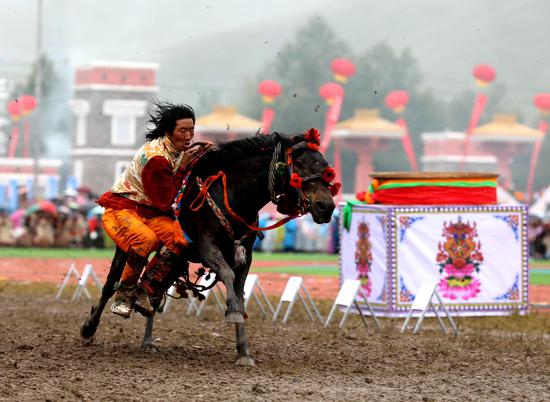
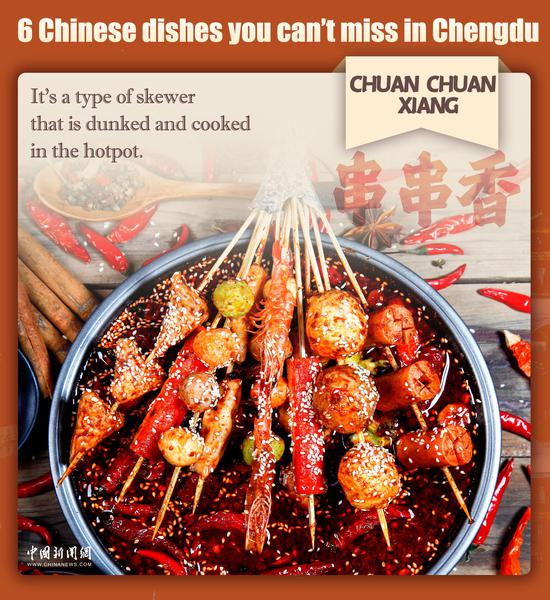
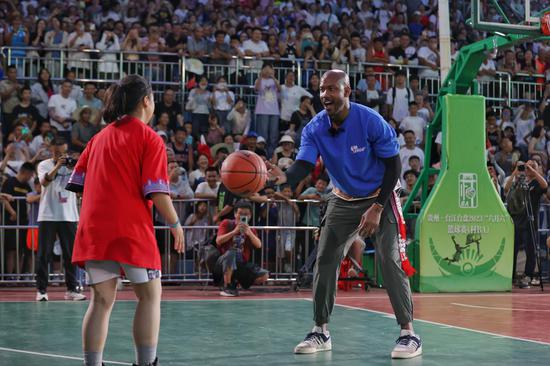
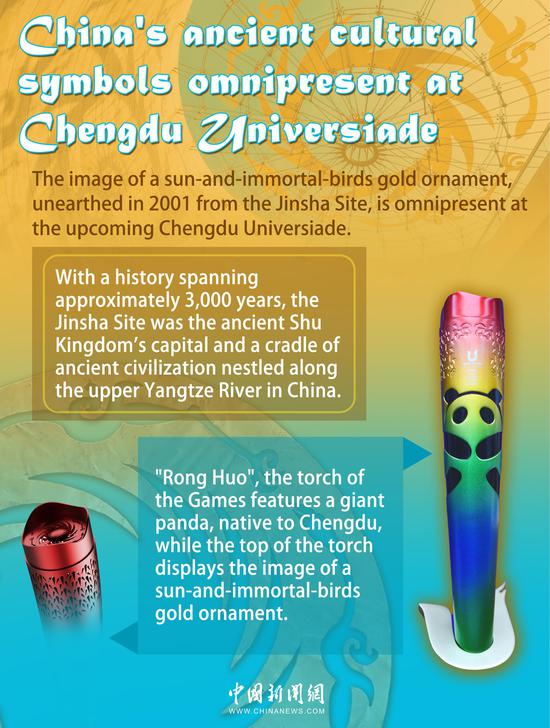
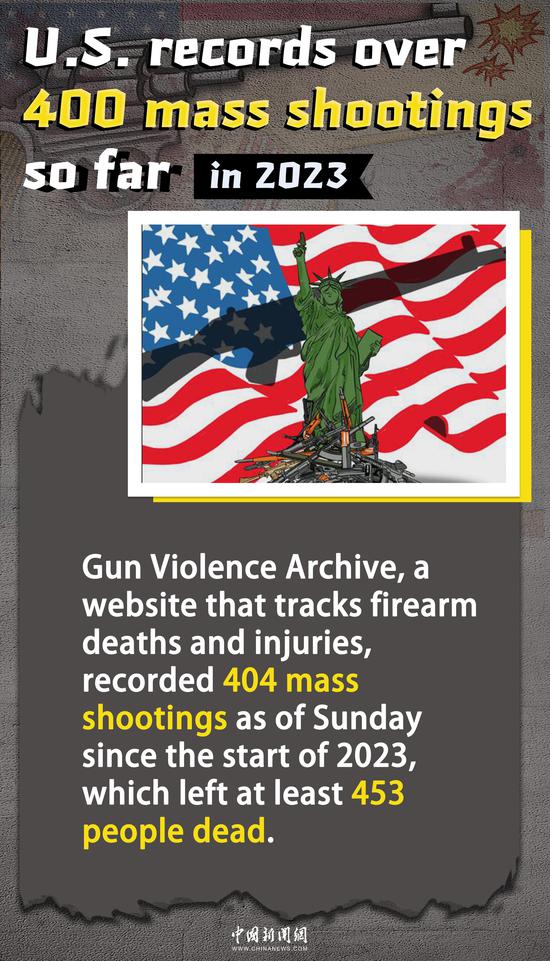
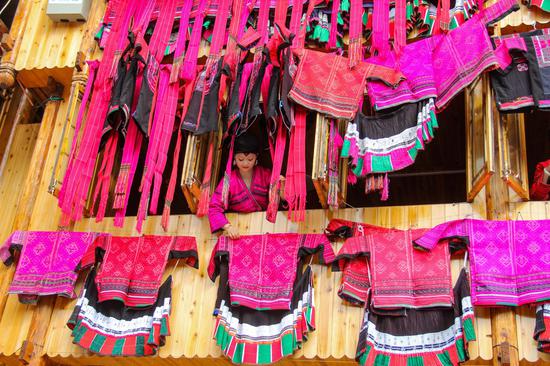
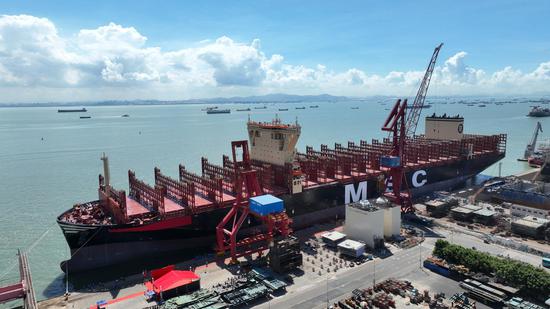
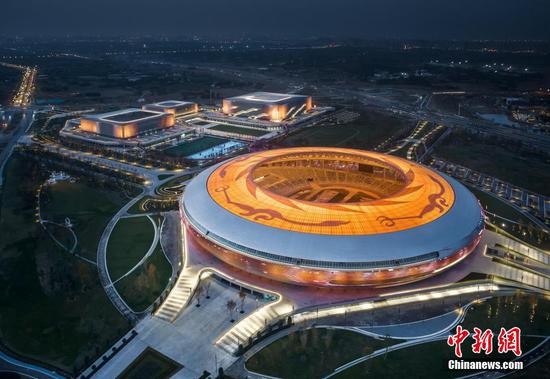
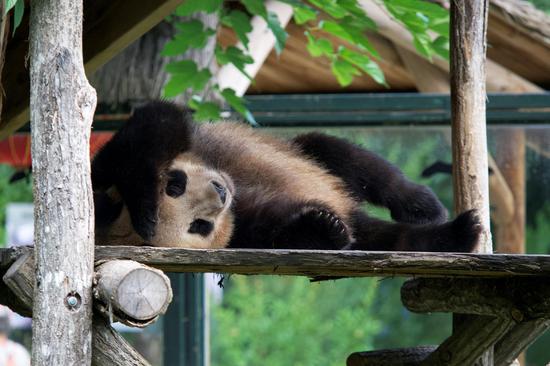
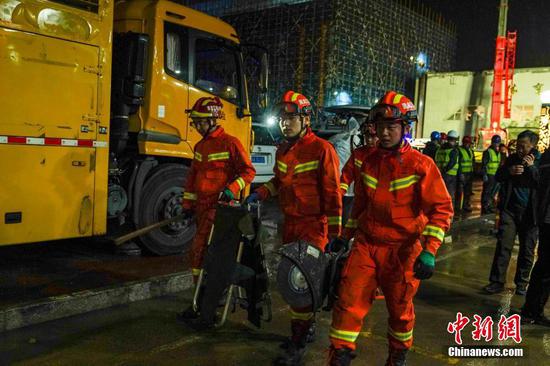

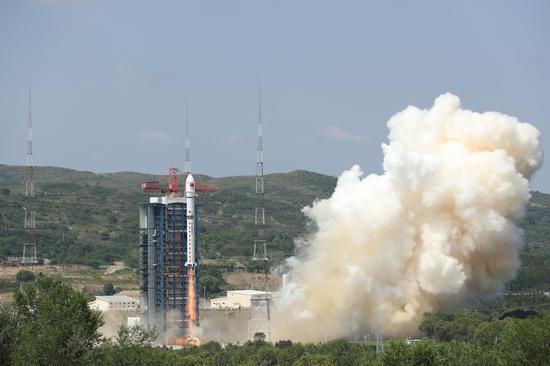
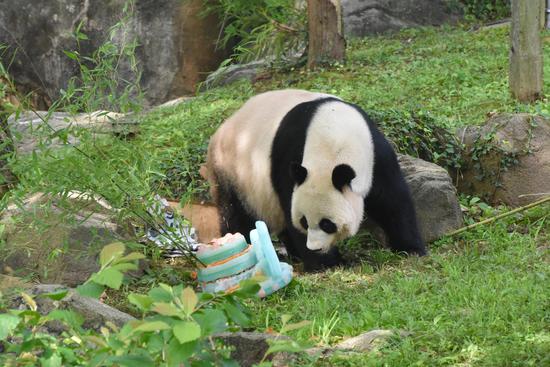
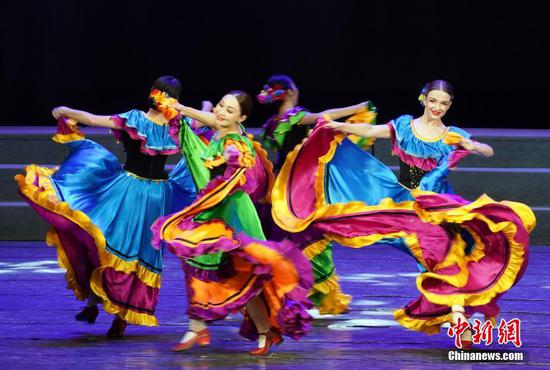
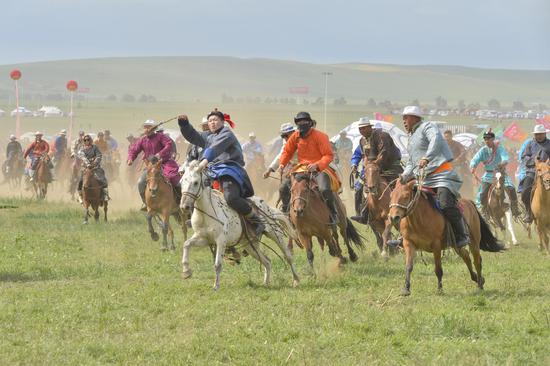
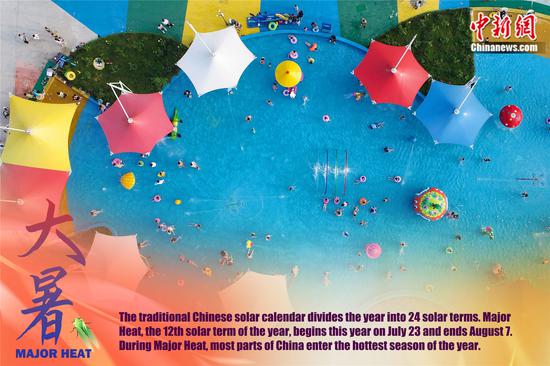
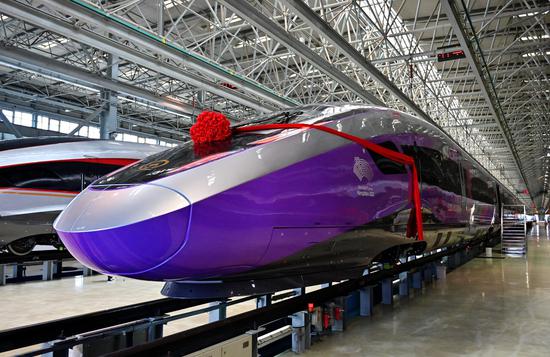
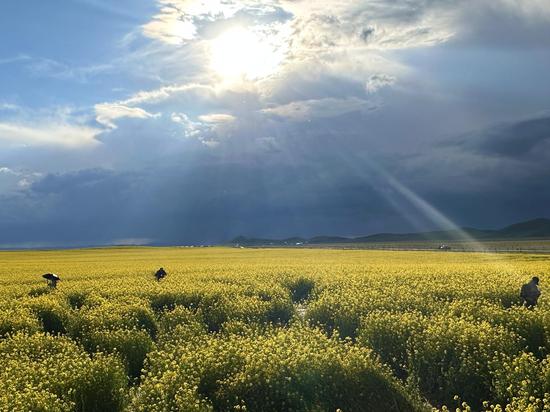
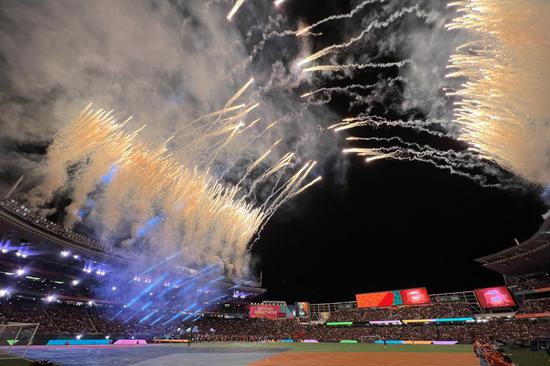
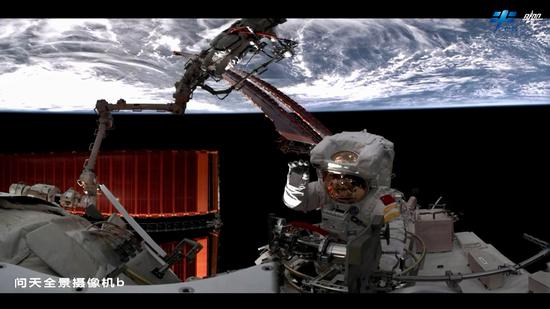
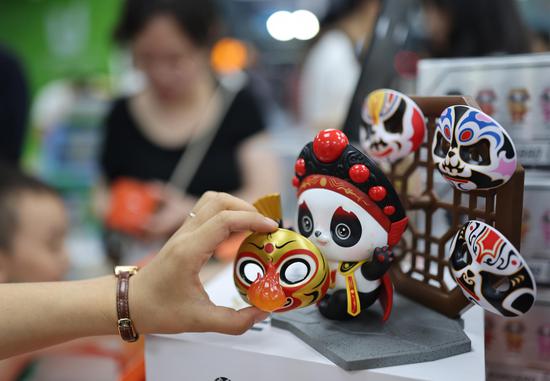
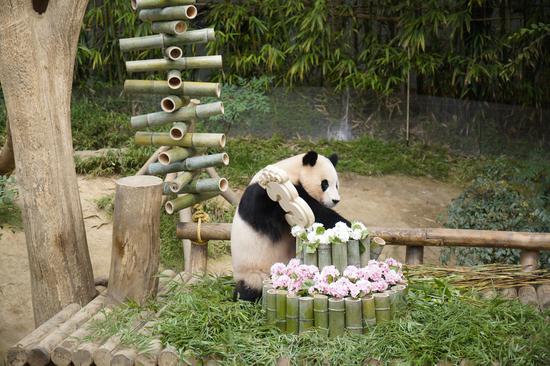
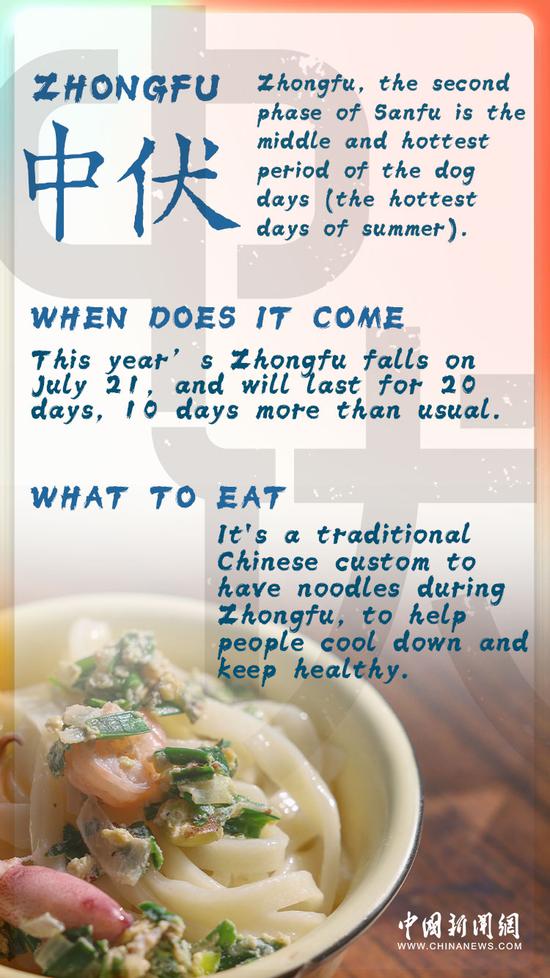
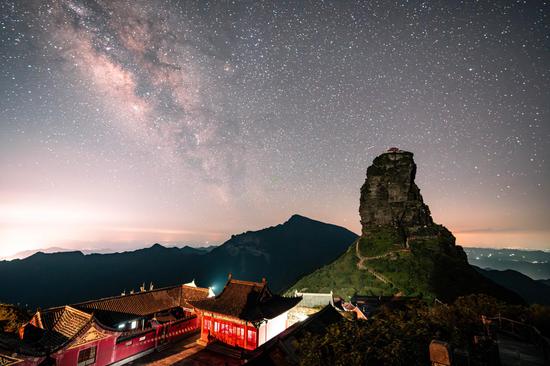





 京公网安备 11010202009201号
京公网安备 11010202009201号